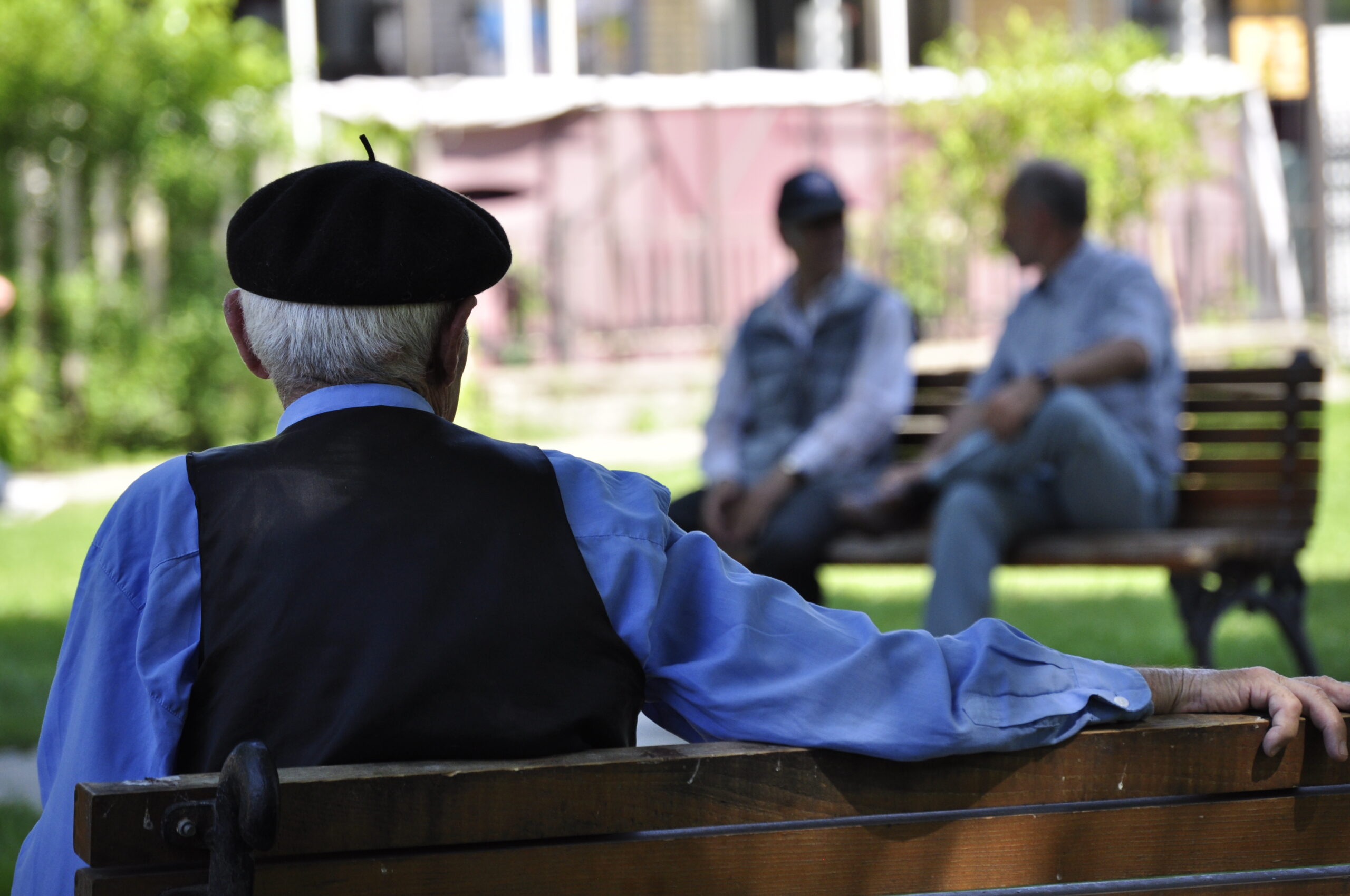You hit 50 thinking the scariest thing would be high cholesterol or forgetting where you left your glasses—again. But surprise! The real curveballs are sneakier. They don’t show up in bold headlines or dramatic doctor visits. Instead, they creep in quietly: a little more fatigue here, a little less motivation there, friendships fading without notice, and weird body stuff you just chalk up to “getting older.”
Welcome to the world of silent epidemics—the unspoken struggles more and more people over 50 are quietly dealing with. They’re not heart disease (though that’s still important); they’re the hidden stressors messing with your energy, your mindset, and your day-to-day peace. Let’s pull back the curtain and talk about the things nobody warns you about—but absolutely should.
1. Social Isolation Is Sneakier Than It Looks
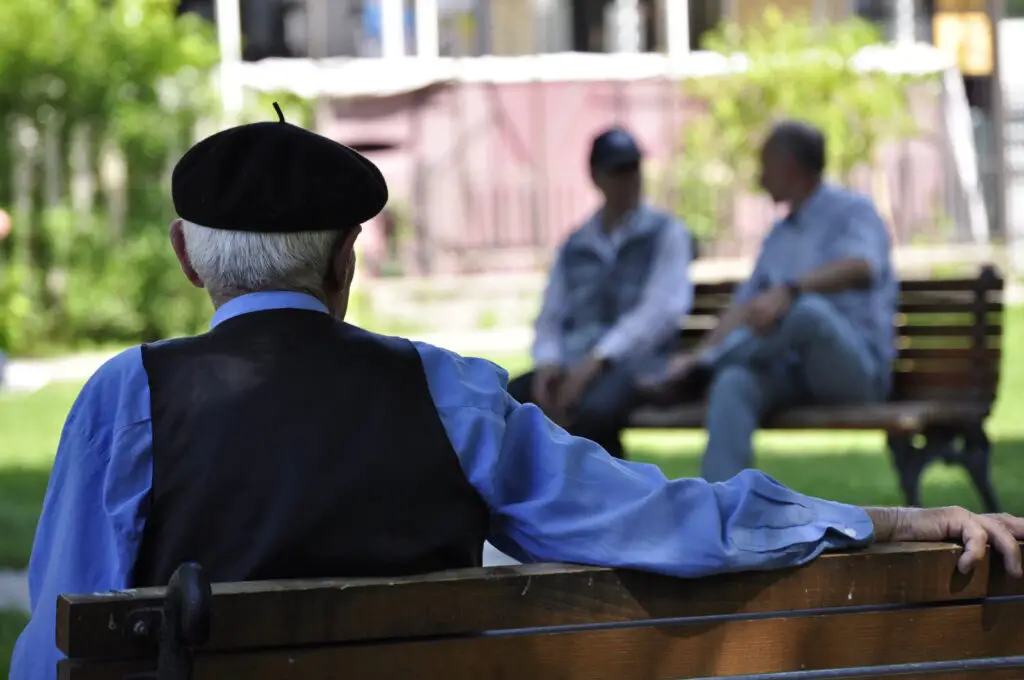
You don’t need to be totally alone to feel lonely. In fact, plenty of people over 50 are surrounded by others—spouses, neighbors, even coworkers—and still report feeling deeply disconnected. Social isolation has become a low-key health crisis, especially post-pandemic. According to PBS News, chronic loneliness can be as harmful to your health as smoking 15 cigarettes a day. Yep, 15.
The problem is, it doesn’t show up in bloodwork. But it does mess with your immune system, spike inflammation, and even increase your risk of dementia. Most people don’t even realize how disconnected they are until something forces them to take stock—like a health scare, a big birthday, or an adult child moving out. The fix isn’t just “make friends”—it’s deeper. It’s about meaning, community, and having someone you can text when you’re spiraling. So if you haven’t had a heart-to-heart in a while, this might be your sign.
2. Sleep Disturbance That Isn’t Just “Getting Older”

Let’s be clear: waking up at 3 a.m. every night is not just a quirky part of aging. More and more adults over 50 are experiencing chronic sleep disruptions that go beyond the usual light-sleeper status. Whether it’s waking up too early, not being able to fall asleep, or feeling like you ran a marathon after a full night’s rest, these are real issues with real consequences. The Sleep Foundation recently reported that poor sleep in older adults is contributing to everything from metabolic issues to increased fall risks.
But here’s the kicker: most people don’t treat it. They just accept it. That means stress builds, energy tanks, and immune systems get sluggish—all while society shrugs and says, “That’s just aging!” It’s not. It’s an epidemic of under-treated insomnia and disrupted circadian rhythms. Good sleep is a health pillar, not a luxury. If your nights are chaotic, your days are probably dragging. And no, melatonin gummies alone aren’t gonna cut it.
3. Undiagnosed Hearing Loss That’s Wrecking Relationships

Turns out, saying “what?” five times a day isn’t just annoying—it could be the start of a full-blown health spiral. Hearing loss is one of the most common (and most ignored) issues hitting people over 50. But the consequences go far beyond missed punchlines and awkward phone calls. According to Hopkins Medicine, untreated hearing issues are directly linked to isolation, depression, and cognitive decline. And yet, most people wait years to do anything about it.
Why? Because there’s still a weird stigma around hearing aids, and people assume they’re “not that bad.” Meanwhile, spouses are getting frustrated, conversations are getting shorter, and people are quietly withdrawing from social situations. It’s not just about your ears—it’s about your connection to the world around you. The fix? Get tested. Normalize hearing aids. And stop pretending “I’m just a bad listener” is the full story.
4. Nutritional Deficiencies That Fly Under the Radar

You could be eating three meals a day and still be nutrient-starved. One of the wildest things about aging is how your body becomes less efficient at absorbing key vitamins and minerals—even if your diet hasn’t changed. B12, magnesium, iron, D3… these aren’t just wellness buzzwords; they’re critical for brain function, energy, and immune support. Harvard Health notes that deficiencies often show up as fatigue, anxiety, or just vague “meh” feelings.
And guess what? Your doctor might not test for them unless you specifically ask. That’s how these deficiencies sneak around, causing real damage while you just assume you’re “getting old.” You’re not exhausted because life is hard—you might be exhausted because your body’s missing literal fuel. A simple blood panel can change the game. Supplements help, but food tweaks and better absorption strategies matter too. If your energy’s off and your mood is blah, this might be the missing link.
5. Silent Grief From Unprocessed Life Changes
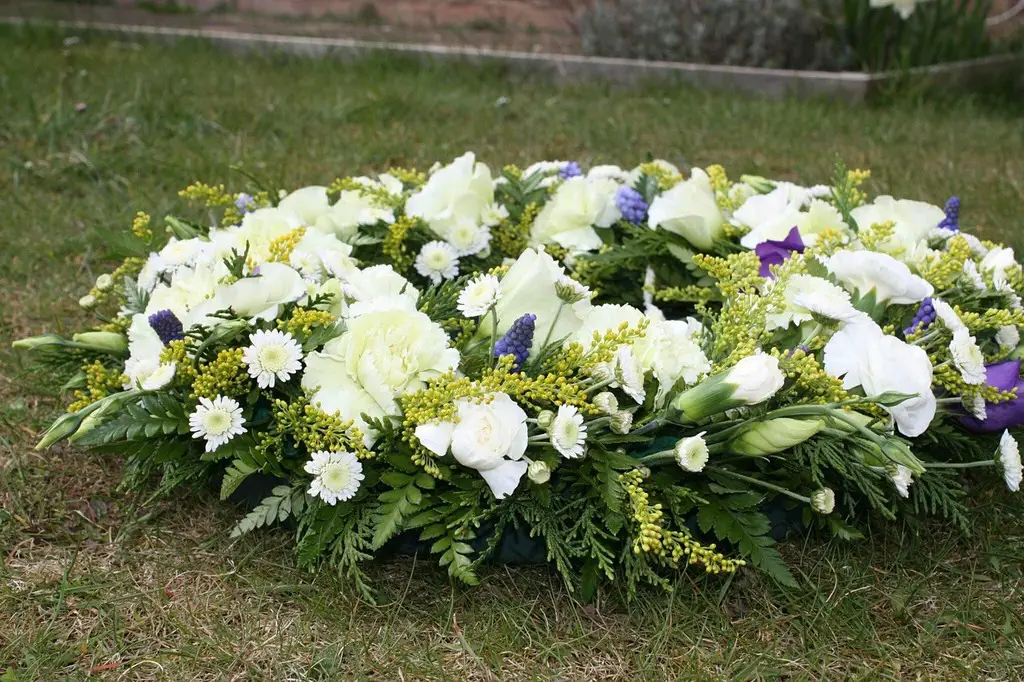
Nobody tells you how weird grief can be after 50. It’s not just about death—it’s about divorce, losing a job you loved, kids moving out, friendships drifting, or the quiet ache of time passing faster than you thought. This kind of grief doesn’t get sympathy cards. It gets brushed off as “part of life.” But according to The Mayo Clinic, this unspoken, unnamed grief is becoming a silent epidemic in older adults.
It builds up quietly, showing up as low-grade sadness, irritability, or emotional detachment. You might not even recognize it as grief—you just feel… off. And because no one’s talking about it, people assume they’re alone in it. But they’re not. The solution isn’t toxic positivity—it’s acknowledgment. Therapy helps. So does journaling, art, and talking to people who get it. You can’t heal what you won’t name—and silent grief deserves a voice.
6. Vision Decline That’s Messing With Your Balance
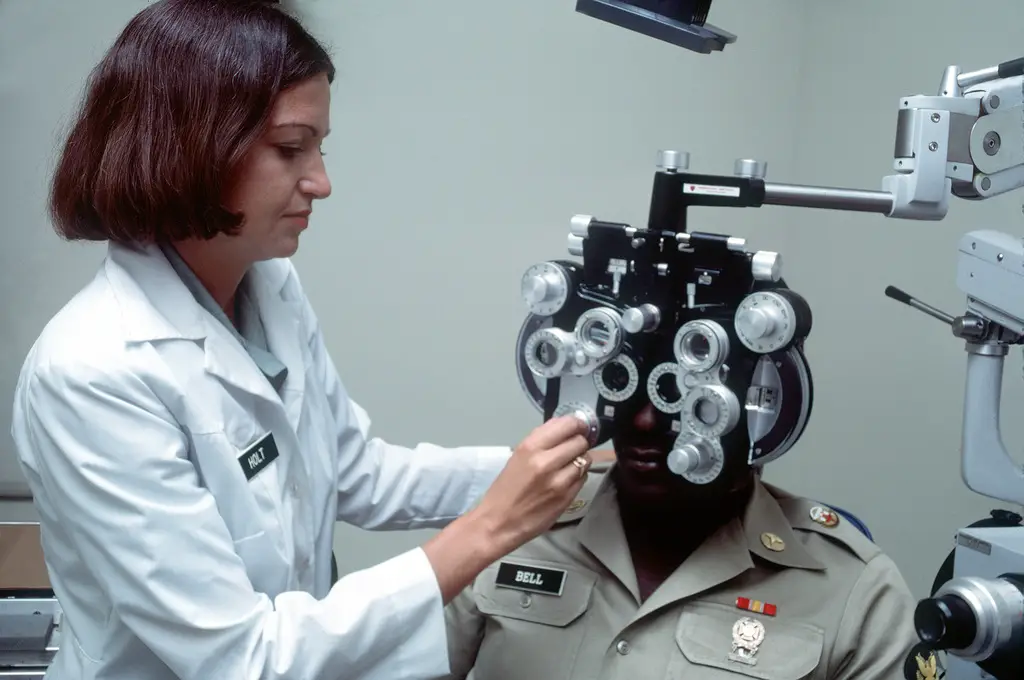
It starts innocently—maybe you’re squinting a little more, holding the menu at arm’s length, or blaming your phone for “bad lighting.” But subtle vision changes after 50 aren’t just annoying—they can quietly throw off your coordination, balance, and confidence. It’s not just about reading glasses or nighttime driving anxiety. Your depth perception and peripheral awareness can shift in ways that make walking down stairs feel oddly treacherous.
And here’s the kicker: many people chalk it up to clumsiness or “just getting older,” without realizing their eyes are setting the tone. You might bump into doorframes, misjudge steps, or feel more nervous in crowds. Not because you’re weak—but because your vision isn’t giving your brain the right cues. It’s one of the most under-discussed triggers of accidental falls and injuries. Regular eye exams aren’t just for prescription updates—they’re balance protectors. If you’re feeling a little wobbly lately, your eyes might be the real MVPs in need of a check-in. Because being able to see clearly = moving safely = aging with swagger.
7. Chronic Low-Grade Inflammation Nobody Notices

You might not feel “sick,” but if you’re waking up stiff, bloated, and slightly puffy more days than not, you could be battling chronic inflammation. It’s not always dramatic—it’s the slow, steady flame your body’s been carrying for months or years. Inflammation has been linked to everything from joint pain and fatigue to brain fog and mood shifts. But because it doesn’t come with a fever or a flashing red light, it often flies under the radar.
It’s caused by everything from poor sleep and processed food to unrelenting stress and sedentary habits. And no, a turmeric latte once a week won’t fix it. The tough part is it builds slowly, so you don’t realize how not great you’ve been feeling until it’s gone. Addressing inflammation takes a combo of anti-inflammatory foods, movement, hydration, and sometimes cutting back on alcohol or sugar (I know, sorry). If your body feels like it’s just humming at half power, chronic inflammation might be the silent saboteur. And once you tame it? You’ll wonder how you ever tolerated that “new normal.”
8. Shrinking Social Circles That You Don’t Even Notice
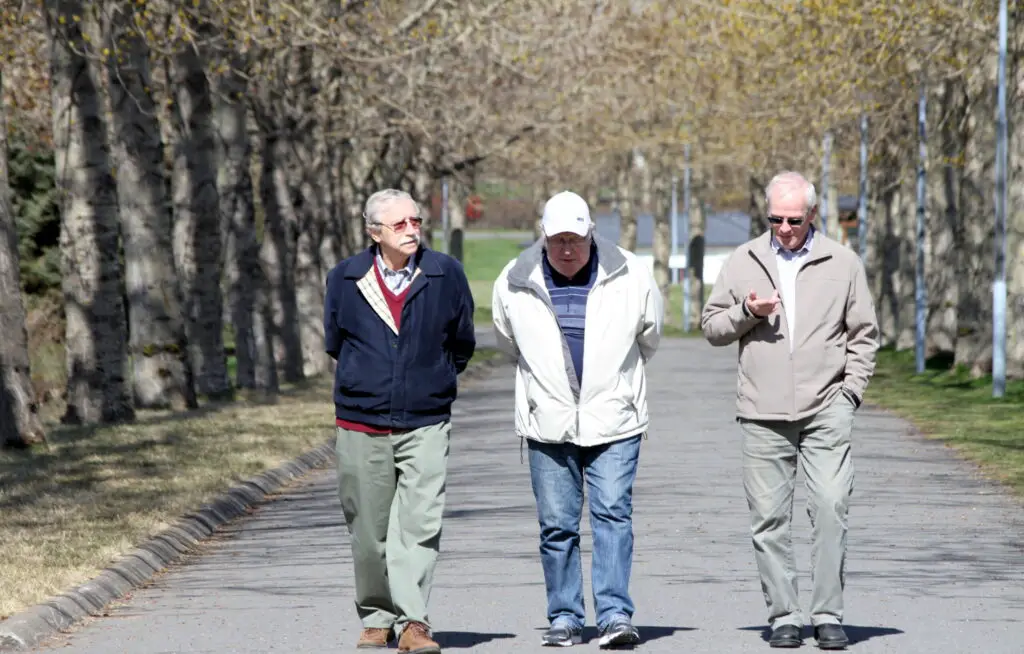
You’re not imagining it—your circle might be getting smaller. After 50, friendships can quietly fade for all kinds of reasons: people move, get busy, change priorities, or just ghost without warning. The issue? You don’t always notice it happening until you realize it’s been months since you talked to someone “just because.” Life gets more insular—and that can feel fine… until it doesn’t.
Maintaining friendships takes intention, especially when your social life isn’t built into work or school schedules anymore. And as social circles shrink, so does emotional support, connection, and even cognitive stimulation. It’s not just sad—it’s risky. Social isolation is linked to memory decline and shorter lifespans. If your phone barely rings unless it’s a robocall, it might be time to reach out and rebuild. Text an old friend. Join a group. Hell, make small talk at the coffee shop. Connection matters more now than ever.
9. Financial Anxiety That Never Gets Talked About

You could have a healthy savings account, a decent pension, and a financial planner on speed dial—and still lie awake at night worrying about money. That’s because financial anxiety isn’t just about numbers—it’s about uncertainty. Will your money last? Will inflation eat it alive? What if a health crisis wipes it out? These thoughts don’t come with dramatic meltdowns, but they creep in quietly, especially after 50.
You’re not working with the same recovery time anymore, and that adds pressure. And let’s be honest: no one’s hosting dinner parties to talk about Roth IRAs and long-term care costs. So we bottle it up and carry it alone. But the stress is real, and it affects your sleep, your mood, and even your health choices. Talking to a financial therapist or having a brutally honest budget session can bring major relief. Financial confidence isn’t about being rich—it’s about feeling prepared.
10. Undiagnosed Anxiety That’s Disguised as “I’m Just Tired”

You’re not sobbing in your car or spiraling in panic attacks, so you assume you’re not anxious, right? Not always. In your 50s and beyond, anxiety often looks more like fatigue, restlessness, irritability, or a general sense that “something’s off.” It doesn’t scream—it simmers. You might chalk it up to hormones, burnout, or just being overwhelmed by life—but that low-level hum of worry might actually be anxiety in disguise.
The tricky part? It’s easy to normalize. You might not remember what it feels like not to be on edge. But chronic anxiety can mess with your heart, your sleep, your memory, and your digestion. Left unchecked, it wears you down slowly. The good news: it’s treatable. Whether it’s through therapy, mindfulness, meds, or lifestyle changes, your peace is worth pursuing. You don’t have to live in a constant state of “almost calm.”
11. Hormonal Changes That Affect Way More Than Just Libido
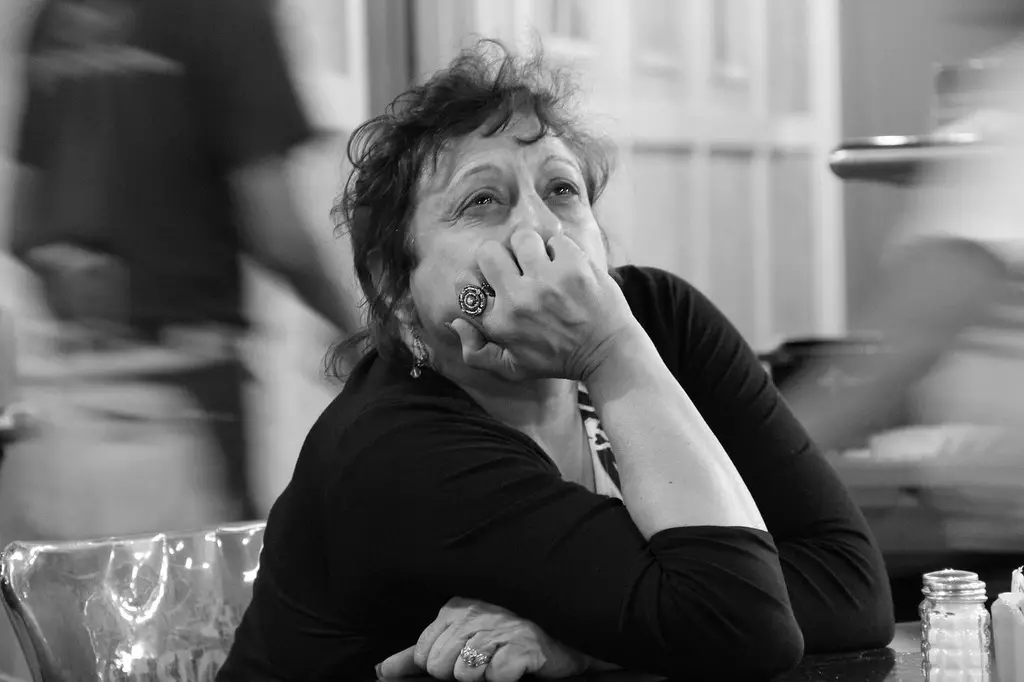
Everyone expects menopause or “midlife changes” to mess with sex drive—but the hormonal rollercoaster post-50 hits everything from your sleep to your skin to your snack cravings. For men and women alike, shifting levels of estrogen, progesterone, and testosterone can lead to mood swings, muscle loss, dry skin, increased belly fat, and the emotional equivalent of “why am I crying at this dog food commercial?”
And it’s not just about estrogen drops in women. Men experience gradual testosterone decline that can trigger fatigue, irritability, and loss of motivation. These shifts don’t always feel like a health crisis—but they can quietly erode your sense of self. You feel a little off, a little foggy, a little “meh.” And doctors often brush it off with “that’s just aging.” But bio-identical hormone therapy, diet, strength training, and stress management can make a world of difference. You don’t have to accept hormonal chaos as your forever mood.
12. Purpose Fatigue That Looks a Lot Like Depression

There comes a point where the kids are grown, the job is on autopilot (or over), and suddenly you’re staring at the ceiling wondering, “Okay… now what?” That feeling? It’s not laziness or boredom—it’s purpose fatigue. It creeps in when the daily grind quiets down and you haven’t quite figured out what’s next. It can feel like a low-grade numbness or restlessness that’s hard to name.
You’re not necessarily sad—you’re just… unmotivated. Like you’re waiting for something to spark. And when society tells you that your best years are behind you, it’s easy to internalize that idea. But people who age well create purpose. Volunteering, learning new things, mentoring, building something—anything that lights you up. You don’t need a grand mission. You just need a reason to get out of bed that isn’t “check email.” Purpose isn’t a luxury—it’s fuel.

